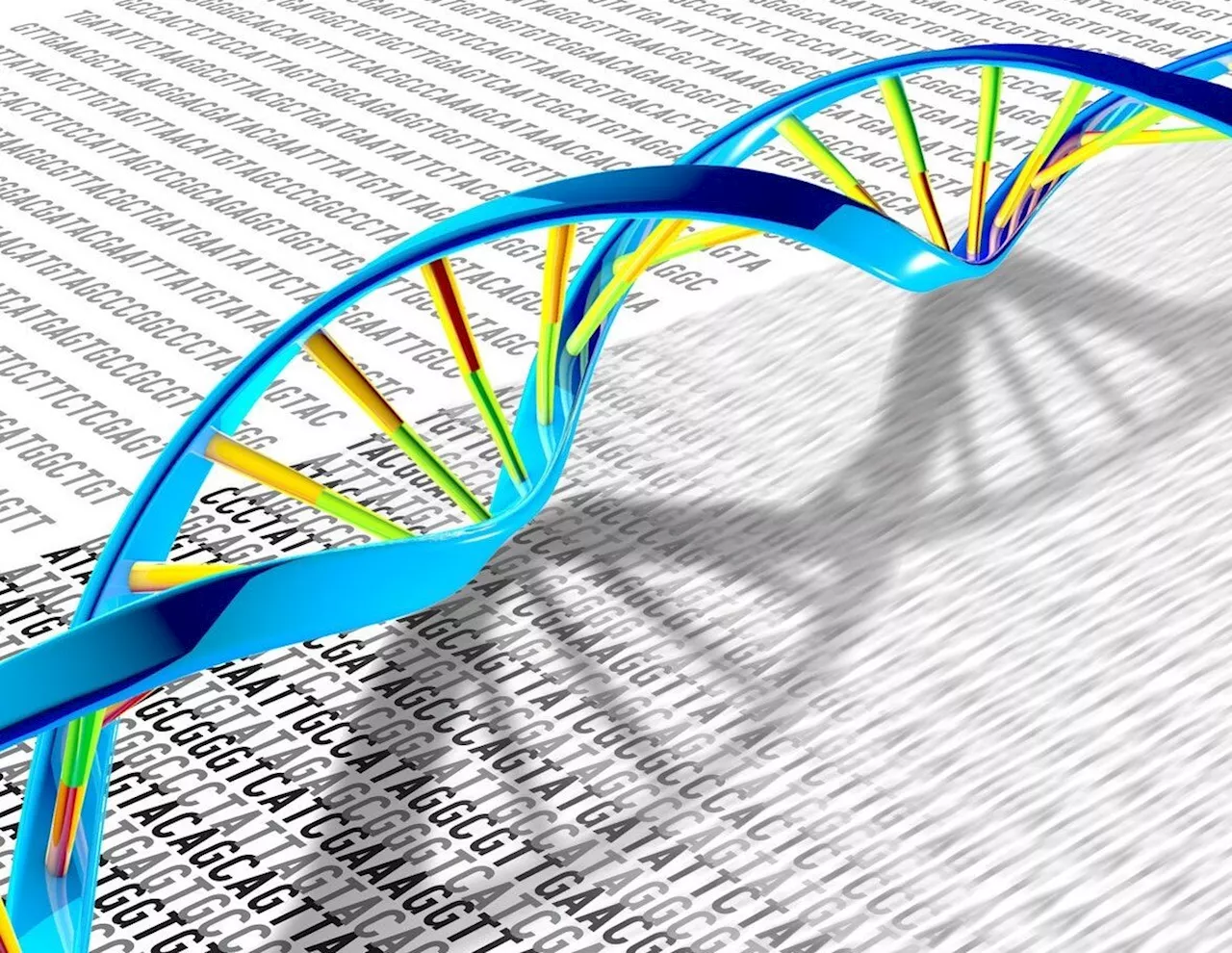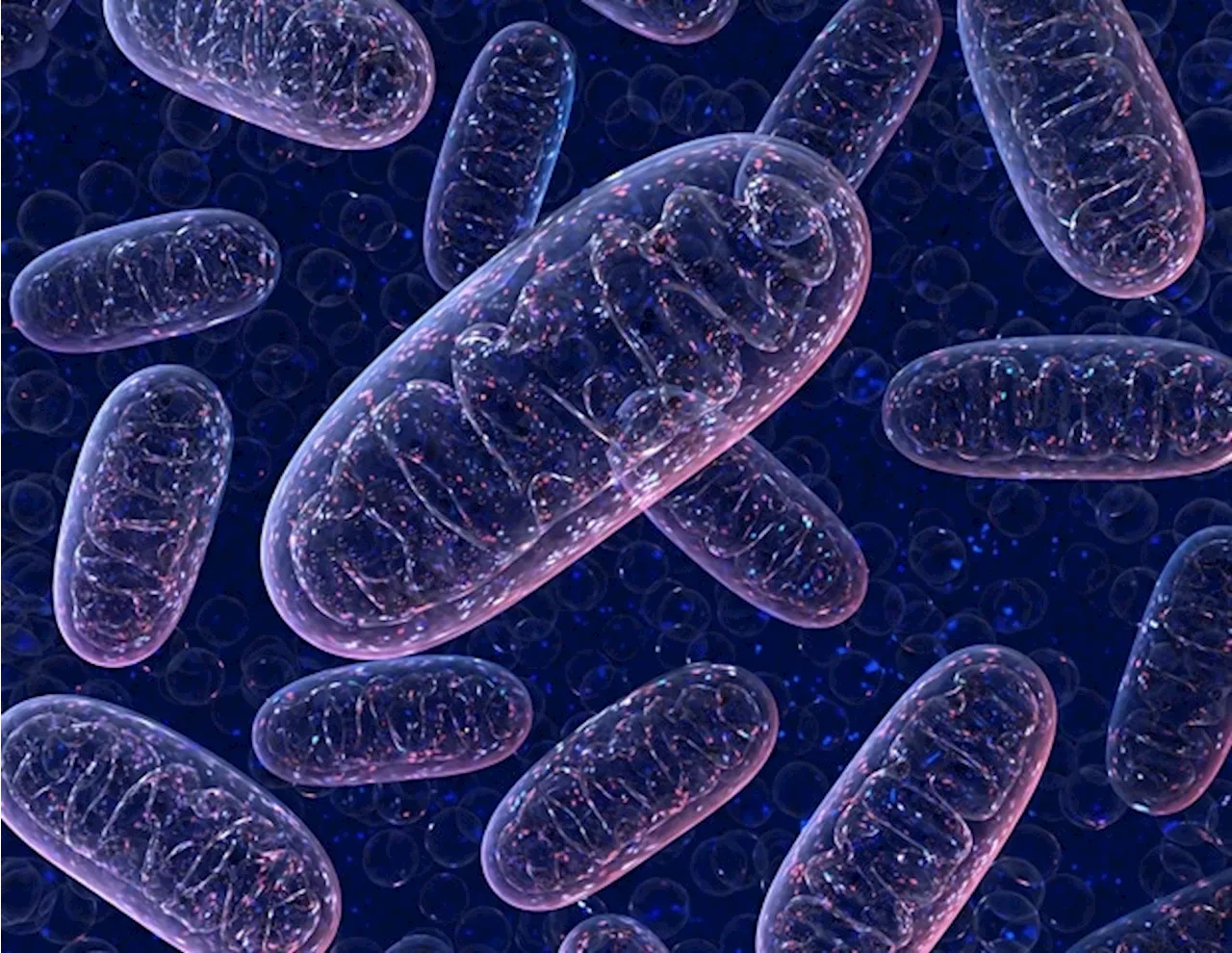DNA methylation is a process in which a methyl group is attached to the cytosine base of the DNA molecule, and a major way that DNA is epigenetically marked.
Rockefeller UniversityAug 28 2024 Epigenetic modifications can act as on-off switches to regulate gene expression and help generate diverse cell types without changing the underlying DNA sequence. It is how the body ensures that brain-related genes don't get turned on in heart cells, for example.
The researchers discovered that CDCA7 senses hemimethylation in eukaryotes-;an important find, because hemimethylation sensing has long been thought to be solely carried out by a protein called UHRF1. They published their results in Science Advances. DNA replication is a tricky process. At the heart of a cell nucleus is chromatin, a complex of macromolecules composed of double-stranded DNA and histone proteins, which DNA wraps around like a string on a yo-yo to form nucleosomes. During replication, the double-stranded DNA strand unwinds from around the histone and splits into two single strands; DNA polymerases then stitch complementary nucleotides across each strand, resulting in two copies of the double-stranded DNA molecule.
The chromatin problem Scientists know that the access of many enzymes and DNA-binding proteins is restricted by chromatin, including those that are necessary to introduce methylation to the DNA. Earlier research by the Funabiki lab showed that CDCA7 forms a complex with the protein encoded by the HELLS gene, whose mutations also cause ICF syndrome. HELLS is a so-called nucleosome remodeler, which can temporarily unwrap the DNA molecule from the nucleosome.
DNA Methylation Genetic Brain Cell Chromatin Chromosome Cytosine Eukaryotes Gene Gene Expression Genes Heart Immunodeficiency Molecule Nucleotides Protein Respiratory Syndrome
United Kingdom Latest News, United Kingdom Headlines
Similar News:You can also read news stories similar to this one that we have collected from other news sources.
 Study illuminates CDCA7's role in DNA methylationDNA methylation, a process by which methyl groups are added to DNA molecules, is essential for the maintenance of DNA and the overall health of an organism.
Study illuminates CDCA7's role in DNA methylationDNA methylation, a process by which methyl groups are added to DNA molecules, is essential for the maintenance of DNA and the overall health of an organism.
Read more »
 Epigenetic change to DNA associated with cancer risk in 'multi-omics' studyA research team co-led by investigators at Vanderbilt University Medical Center and the University of Virginia has identified associations between DNA methylation and cancer risk. DNA methylation is an epigenetic change—the addition of 'methyl groups' to DNA—that can affect gene expression without changing the DNA sequence.
Epigenetic change to DNA associated with cancer risk in 'multi-omics' studyA research team co-led by investigators at Vanderbilt University Medical Center and the University of Virginia has identified associations between DNA methylation and cancer risk. DNA methylation is an epigenetic change—the addition of 'methyl groups' to DNA—that can affect gene expression without changing the DNA sequence.
Read more »
 Non-cognitive skills: DNA-based analyses suggest a hidden key to academic successA new Nature Human Behaviour study, jointly led by Dr. Margherita Malanchini at Queen Mary University of London and Dr. Andrea Allegrini at University College London, has revealed that non-cognitive skills, such as motivation and self-regulation, are as important as intelligence in determining academic success.
Non-cognitive skills: DNA-based analyses suggest a hidden key to academic successA new Nature Human Behaviour study, jointly led by Dr. Margherita Malanchini at Queen Mary University of London and Dr. Andrea Allegrini at University College London, has revealed that non-cognitive skills, such as motivation and self-regulation, are as important as intelligence in determining academic success.
Read more »
 Genomes Project: Our daughters’ DNA is helping other familiesA family from Northern Ireland have been speaking about taking part in the 100,000 genomes project.
Genomes Project: Our daughters’ DNA is helping other familiesA family from Northern Ireland have been speaking about taking part in the 100,000 genomes project.
Read more »
 Study shows frequent mitochondrial DNA insertion in the brain cellsAs direct descendants of ancient bacteria, mitochondria have always been a little alien.
Study shows frequent mitochondrial DNA insertion in the brain cellsAs direct descendants of ancient bacteria, mitochondria have always been a little alien.
Read more »
 New technique speeds up screening of DNA moleculesStudying how single DNA molecules behave helps us to better understand genetic disorders and design better drugs.
New technique speeds up screening of DNA moleculesStudying how single DNA molecules behave helps us to better understand genetic disorders and design better drugs.
Read more »
